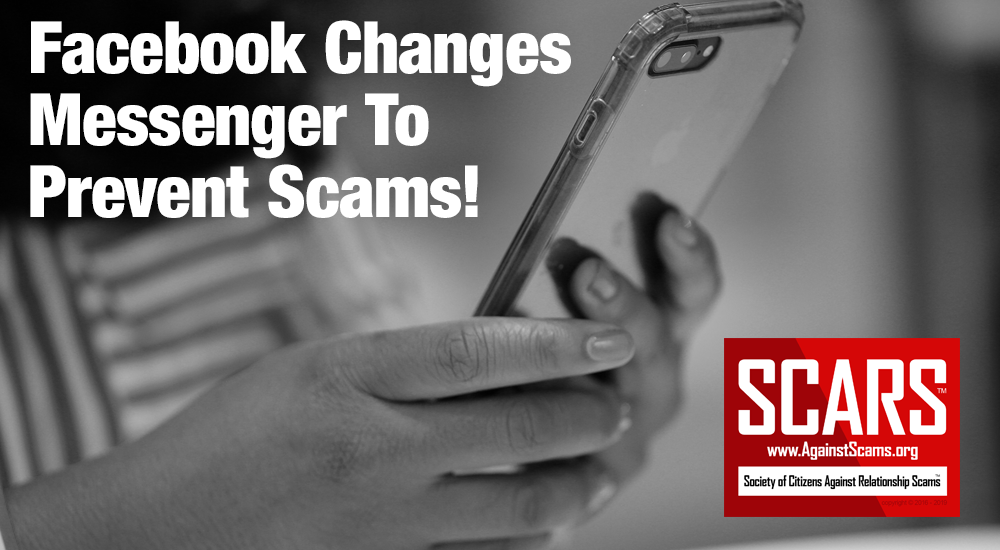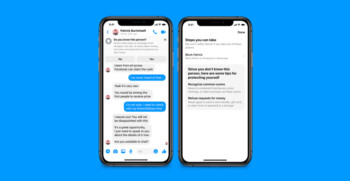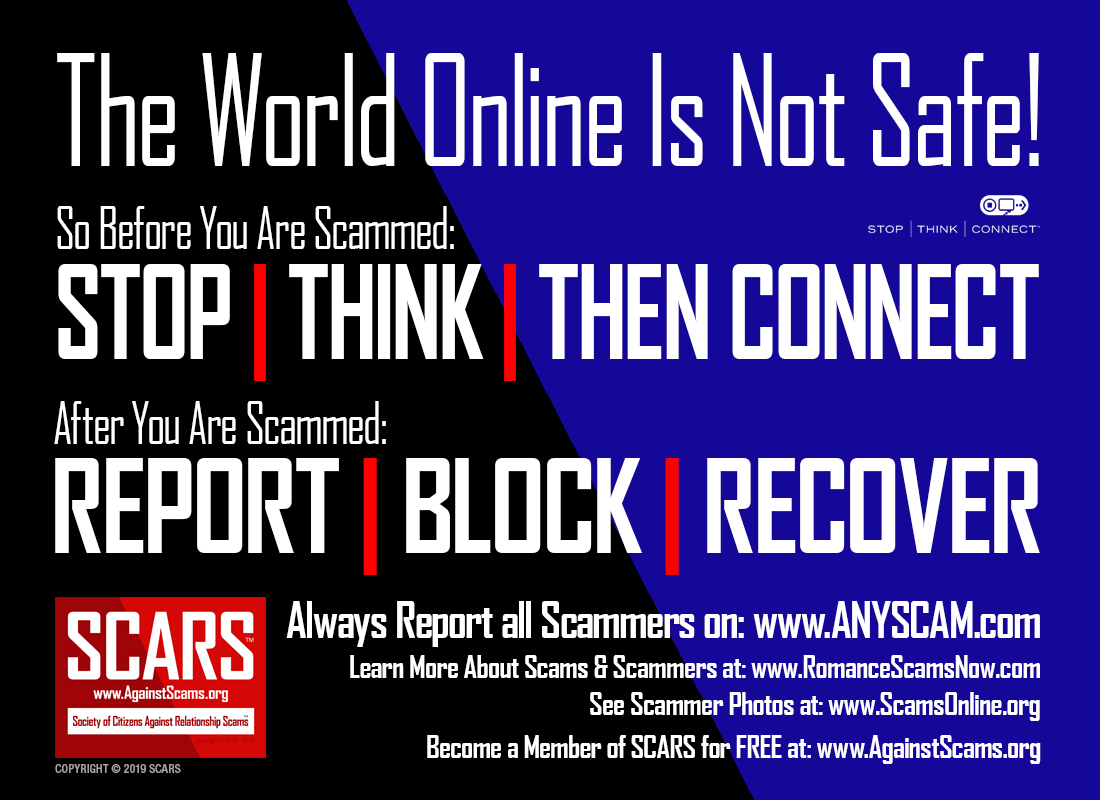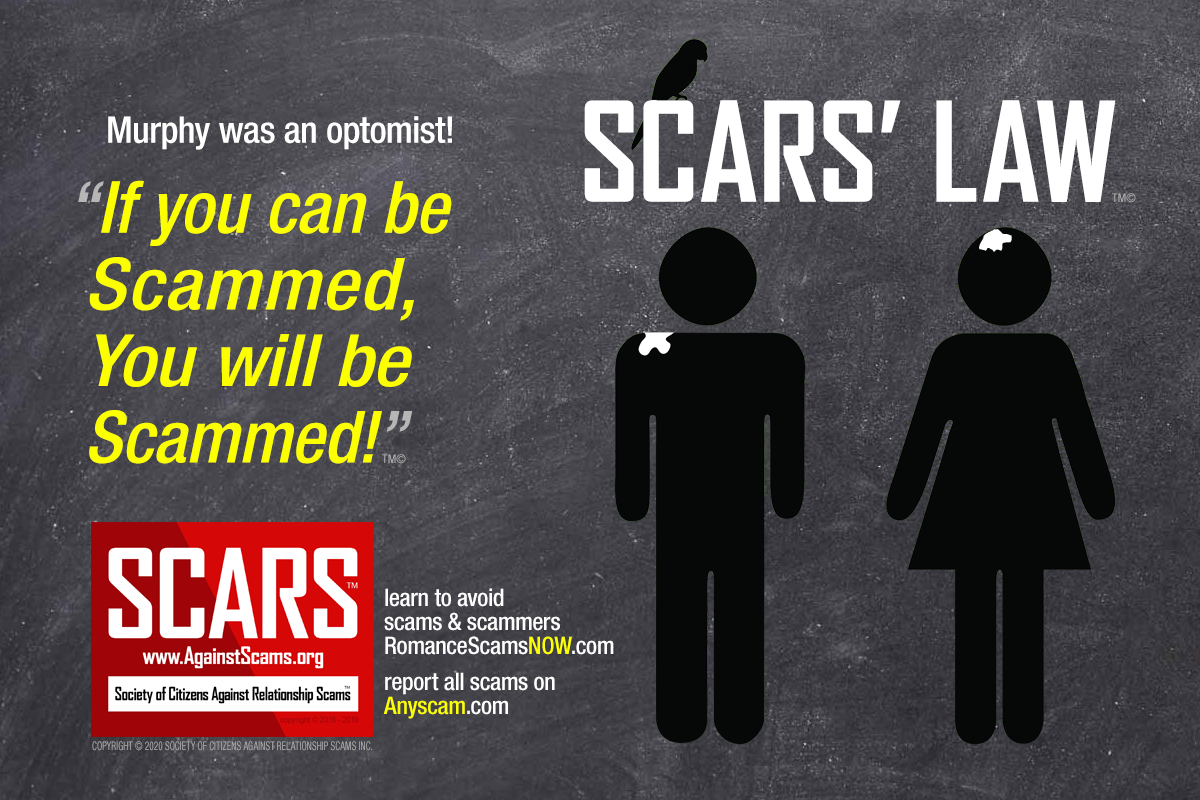Social Media News: Facebook Changes Messenger To Prevent Scams
Facebook Messenger Launches New Feature For Scam Detection
California social media giant Facebook has launched new features in its Messenger platform that would help billions of their users to detect scams and other harmful online interactions.
With the new safety tool, Messenger will now warn its users through safety notices popping up during the chat to alert of potential dangers. This would help in the detection of suspicious activity prompting users to block or ignore someone the moment things don’t seem right.
Jay Sullivan, Director of Project Management at Messenger Safety and Privacy, Facebook, has stated that “Messenger takes note of user-privacy, safety and security as fundamental concerns. The new safety tool has been developed with the help of machine learning which spots behavioral signals like an adult sending a considerable amount of friend or message requests to people under 18,” says Sullivan.
Facebook intends the new safety tool to educate minors to be vigilant while communicating with an unknown adult. This feature has already been rolled out on Android in March and would be operational on iOS this week. [SCARS NOTE: Keep in mind that it is unlawful for children under the age of 13 to have an account on Facebook per the Childrens Online Privacy & Protection Act]
Facebook Messenger has moved to end-to-end encryption and has been consistently investing in privacy-protection features to ensure the safety of its users. Facebook cites the safety of minors on its platform to be its prime responsibility.
Stephen Balkam, CEO of the U.K. Nonprofit “Family Online Safety Institute,” has stated that these new safety features in Messenger will help curb bad practices on the platform and also empower people to have control over their accounts.
Several studies suggest repeated instances of people interacting online with someone they think they know when it is actually a scammer or imposter. Citing these concerns, Facebook says that it will continue to build innovative features to deliver safety and privacy on its platform.
According To Facebook:
Privacy, safety and security are fundamental to Messenger. We work hard to ensure Messenger is a safe place to connect with the people who matter most while also protecting their privacy (learn more), and today, I’m excited to announce a new safety feature that will help millions of people avoid potentially harmful interactions and possible scams without compromising their privacy.
Building Safety into Private Spaces
Our strategy to keep people safe on Messenger focuses not only on giving them the information and controls they need to prevent abuse from happening, but also on detecting it and responding quickly if it occurs. We’re introducing safety notices in Messenger that will pop up in a chat and provide tips to help people spot suspicious activity and take action to block or ignore someone when something doesn’t seem right. We started rolling this feature out on Android in March and will bring this to more people around the world on iOS next week.
As we move to end-to-end encryption, we are investing in privacy-preserving tools like this to keep people safe without accessing message content. We developed these safety tips with machine learning that looks at behavioral signals like an adult sending a large amount of friend or message requests to people under 18. This ensures that the new features will be available and effective when Messenger is end-to-end encrypted.
Helping Minors Stay Safe
Keeping minors safe on our platforms is one of our greatest responsibilities. Messenger already has special protections in place for minors that limit contact from adults they aren’t connected to, and we use machine learning to detect and disable the accounts of adults who are engaging in inappropriate interactions with children. Our new feature educates people under the age of 18 to be cautious when interacting with an adult they may not know and empowers them to take action before responding to a message.
We are always consulting with experts on the best ways to keep minors safe and we’re encouraged when they express confidence in safety features like this.
“These features show a great integration of the technical tools that will help curb bad behavior on the platform, while also reminding people of their own control over their account,” said Stephen Balkam, CEO of the Family Online Safety Institute. “It’s important to use language that empowers people to make wise decisions and think more critically about who they’re interacting with online. We’re especially glad to see this reflected in the thoughtful approach around safety considerations for younger users.” (The Family Online Safety Institute (FOSI) is a nonprofit internet safety organization that receives support from Facebook and other tech companies. FOSI also serves as a member of Facebook’s Safety Advisory Board and receives an honorarium in appreciation of their time and expertise.)
Avoiding Scams and Imposters
Too often people interact with someone online they think they know or trust, when it’s really a scammer or imposter. These accounts can be hard to identify at first and the results can be costly. Messenger already filters some potential spam or malware and offers tips to avoid common scams. Our new safety notices also help educate people on ways to spot scams or imposters and help them take action to prevent a costly interaction.
We designed this safety feature to work with full encryption. People should be able to communicate securely and privately with friends and loved ones without anyone listening to or monitoring their conversations. As Messenger becomes end-to-end encrypted by default, we will continue to build innovative features that deliver on safety while leading on privacy. These safety notices will help people avoid potentially harmful interactions and possible scams while empowering them with the information and controls needed to keep their chats private, safe and secure.
SCARS Review
As with most things that Facebook does there will be benefits for users, but their track record shows that there are always cracks that scammers find their way into.
Let’s hope that the combination of extreme pressure from the U.S Government and their own desire to avoid heavy regulation will keep them focused on improving their platform.
Additional Resources
- Children’s Online Privacy & Protection Act :: https://www.ftc.gov/enforcement/rules/rulemaking-regulatory-reform-proceedings/childrens-online-privacy-protection-rule »
- Family Online Safety Institute :: https://www.fosi.org/ »
- Facebook Safety Advisory Board :: https://www.facebook.com/help/222332597793306 »
- Facebook Messenger Privacy :: http://www.messenger.com/privacy »
REMEMBER:
TAGS: SCARS, Facebook, Messenger, Messenger Scams, Chat Scams, Messenger Privacy, Messenger Safety, Information About Scams, Anti-Scam, Scams, Scammers, Fraudsters, Cybercrime, Crybercriminals, Romance Scams, Scam Victims,
SCARS™ Team
Society of Citizens Against Relationship Scams Inc.
A Worldwide Crime Victims Assistance Nonprofit Organization
Visit: www.AgainstScams.org
Contact Us: Contact@AgainstScams.org
PLEASE SHARE OUR ARTICLES WITH YOUR FRIENDS & FAMILY
HELP OTHERS STAY SAFE ONLINE – YOUR KNOWLEDGE CAN MAKE THE DIFFERENCE!
The Latest SCARS Posts:
FIND MORE SCAM NEWS
«SCAMCRIME.COM»
JOIN US ON FACEBOOK
«CLICK HERE»
END
MORE INFORMATION
– – –
Tell us about your experiences with Romance Scammers in our
« Scams Discussion Forum on Facebook »
– – –
FAQ: How Do You Properly Report Scammers?
It is essential that law enforcement knows about scams & scammers, even though there is nothing (in most cases) that they can do.
Always report scams involving money lost or where you received money to:
- Local Police – ask them to take an “informational” police report – say you need it for your insurance
- U.S. State Police (if you live in the U.S.) – they will take the matter more seriously and provide you with more help than local police
- Your National Police or FBI « www.IC3.gov »
- The SCARS|CDN™ Cybercriminal Data Network – Worldwide Reporting Network on « www.Anyscam.com »
This helps your government understand the problem, and allows law enforcement to add scammers on watch lists worldwide.
– – –
To learn more about SCARS visit « www.AgainstScams.org »
Please be sure to report all scammers
on « www.Anyscam.com »
Disclaimer:
SCARS IS A DIGITAL PUBLISHER AND DOES NOT OFFER HEALTH OR MEDICAL ADVICE, LEGAL ADVICE, FINANCIAL ADVICE, OR SERVICES THAT SCARS IS NOT LICENSED OR REGISTERED TO PERFORM.
IF YOU’RE FACING A MEDICAL EMERGENCY, CALL YOUR LOCAL EMERGENCY SERVICES IMMEDIATELY, OR VISIT THE NEAREST EMERGENCY ROOM OR URGENT CARE CENTER. YOU SHOULD CONSULT YOUR HEALTHCARE PROVIDER BEFORE FOLLOWING ANY MEDICALLY RELATED INFORMATION PRESENTED ON OUR PAGES.
ALWAYS CONSULT A LICENSED ATTORNEY FOR ANY ADVICE REGARDING LEGAL MATTERS.
A LICENSED FINANCIAL OR TAX PROFESSIONAL SHOULD BE CONSULTED BEFORE ACTING ON ANY INFORMATION RELATING TO YOUR PERSONAL FINANCES OR TAX RELATED ISSUES AND INFORMATION.
This content and other material contained on the website, apps, newsletter, and products (“Content”), is general in nature and for informational purposes only and does not constitute medical, legal, or financial advice; the Content is not intended to be a substitute for licensed or regulated professional advice. Always consult your doctor or other qualified healthcare provider, lawyer, financial, or tax professional with any questions you may have regarding the educational information contained herein. SCARS makes no guarantees about the efficacy of information described on or in SCARS’ Content. The information contained is subject to change and is not intended to cover all possible situations or effects. SCARS does not recommend or endorse any specific professional or care provider, product, service, or other information that may be mentioned in SCARS’ websites, apps, and Content unless explicitly identified as such.
The disclaimers herein are provided on this page for ease of reference. These disclaimers supplement and are a part of SCARS’ website’s Terms of Use.
Legal Notices:
All original content is Copyright © 1991 – 2020 Society of Citizens Against Relationship Scams Inc. (D.B.A SCARS) All Rights Reserved Worldwide & Webwide. Third-party copyrights acknowledge.
SCARS, SCARS|INTERNATIONAL, SCARS, SCARS|SUPPORT, SCARS, RSN, Romance Scams Now, SCARS|INTERNATION, SCARS|WORLDWIDE, SCARS|GLOBAL, SCARS, Society of Citizens Against Relationship Scams, Society of Citizens Against Romance Scams, SCARS|ANYSCAM, Project Anyscam, Anyscam, SCARS|GOFCH, GOFCH, SCARS|CHINA, SCARS|CDN, SCARS|UK, SCARS|LATINOAMERICA, SCARS|MEMBER, SCARS|VOLUNTEER, SCARS Cybercriminal Data Network, Cobalt Alert, Scam Victims Support Group, are all trademarks of Society of Citizens Against Relationship Scams Inc., All Rights Reserved Worldwide
Contact the law firm for the Society of Citizens Against Relationship Scams Incorporated by email at legal@AgainstScams.org














I a m being scammed by a person in Ghana he is called Ebenezer Essiaw Tweneboah using the name Mavis Ghansah I have fallen for Mavis I have sent about a thousand pounds
You will need to back away from this. Report to your local police and ActionFraud, and also on http://www.Anyscam.com
You are also welcome to join our support groups at http://www.ScamVictimSupport.org
Just block them completely at this point – there is no reason for further contact.